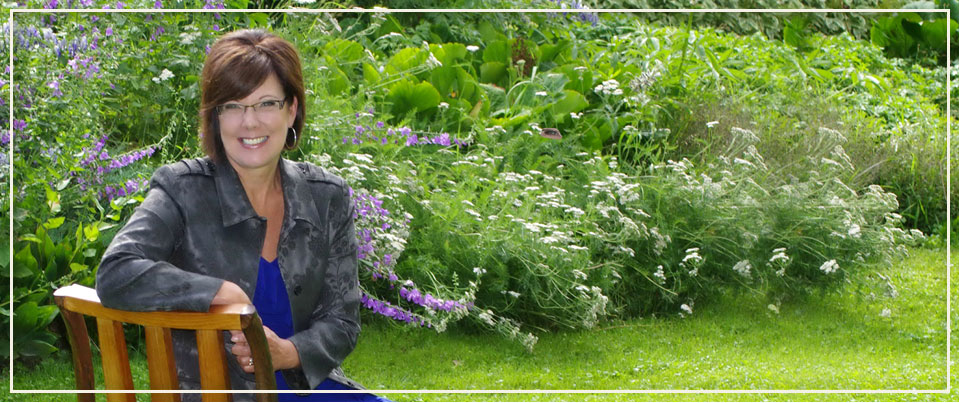“Another world is not only possible, she is on her way. On a quiet day I can hear her breathing.” Arundhati Roy
I could not help but feel intrusive as we pulled up to the little opening on the street to the slum – one of 50 that house 300 million of the worlds’ poorest of poor. A tired man fed an unclothed child some dirty water from the cup of his hand, with the backdrop of a burned out little bus that housed a large family. I expected to see much sadness as we were swallowed by the narrow dankness on our visit to this New Delhi community.
Children were everywhere. Some were very frightened to see us and others were thrilled and curious. They lined the narrow alleys, filled the doorways and swung from the rooftops. Our destination was the school, a 12-foot square affair that served as one clean spot for classes that happened in rotation because of the swelling population, meetings and leadership decisions on slum health and education.
In that space we met with women leaders of the community. They knew they could not escape where they lived so they were determined to make it a better place to be. These ladies had a terrific governance system of leadership and took their responsibility seriously. They were so proud of the changes that they were part of, such as bringing child mortality down to 17.5% through education and the acceptance of vaccination, pre- and post-natal care and the use of contraception. The mentorship program they had developed served to strengthen the ties within the community. Prior to this, the women rarely left their homes (home size averaged six foot square) and were subject to abuse by their husbands for “learning too much”. With bravado and determination they continue to increase their knowledge of business, even borrowing money to start shops or send children to school. The children also had a strong leadership and governance model that allowed them to be a support to each other. A few were in university, traveling up to five hours a day to attend class, and many had hopes of being lawyers or social workers. At no time did people ask for money or beseech our help. Rather, they were proud of who they were and what they had done.
A tour several hours later of the entire area was more than heartbreaking. Open sewage, lack of drinking water, filth, flies, runny noses and stench would have driven the most hardened visitor into a corner. But I saw the scene with new eyes. I praised the woman who had a tiny shop for her fine selection, and the neatness of another’s home (which only contained a dirt floor and pots neatly arranged on the shelf). I admired the work of the seamstress and then joyfully shook every hand and touched every child. In some unspoken and quiet way – we understood each other. It was a quiet breath amid the chaos and a whisper of hope for a new tomorrow.

